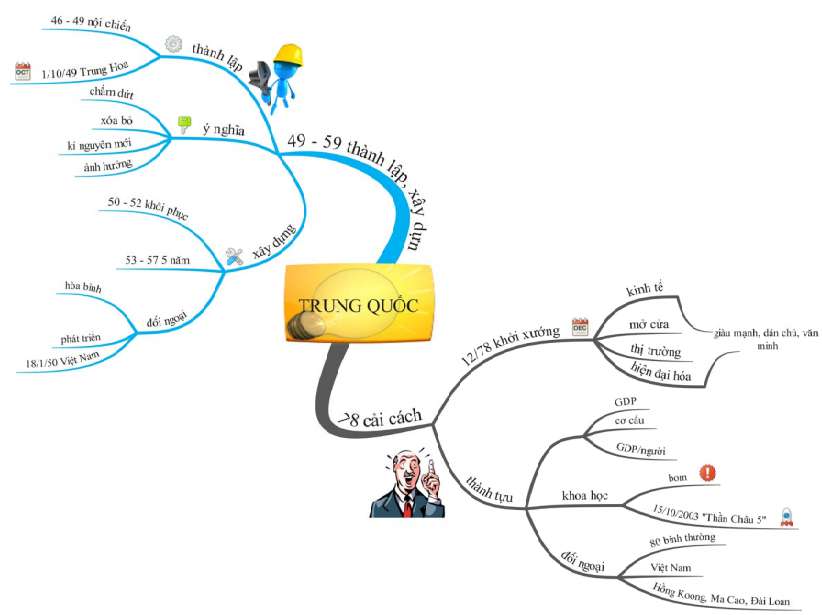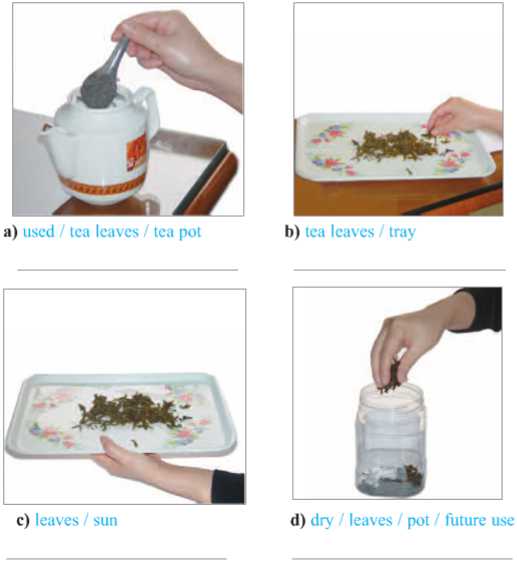Soạn Anh 11: Unit 11. E. Language Focus | Giải Anh 11 | Myphamthucuc.vn
Unit 11: Sources of energy – Các nguồn năng lượng
E. Language Focus
– Pronunciation: /ʃr/ – /spl/ – /spr/
– Grammar: Relative clauses replaced by participles and to infinitives (revision)
Hướng dẫn dịch:
– Phát âm: /ʃr/ – /spl/ – /spr/
– Ngữ pháp: Mệnh đề quan hệ được thay thế bằng quá khứ phân từ và “to” + động từ nguyên thể (ôn tập)
Pronunciation
Listen and repeat./(Nghe và lặp lại)
|
/ʃr/ |
/spl/ |
/spr/ |
|
shred |
splash |
spring |
|
shrill |
split |
spray |
|
shrimp |
spleen |
spread |
|
shrine |
splutter |
sprightly |
Practise reading aloud these sentences./(Thực hành đọc to những câu sau)
1. They were all shrieking with laughter.
2. He shrugged (his shoulders), saying he didn’t know and didn’t care.
3. My dad hates shrimp paste.
4. What a splendid spring day!
5. The stream splits into three smaller streams at this point.
6. The house has a narrow front, but it splays out at the back.
Hướng dẫn dịch:
1. Tất cả đều hò hét với tiếng cười.
2. Anh ta nhún vai (vai), nói rằng anh ta không biết và không quan tâm.
3. Cha tôi ghét tôm lăn bột.
4. Thật là một ngày xuân tuyệt vời!
5. Dòng suối này chia thành ba luồng nhỏ hơn tại điểm này.
6. Ngôi nhà có mặt tiền hẹp, nhưng nó kéo dài ra phía sau.
Exercise 1. Rewrite the following sentences, using a present participial phrase. /(Viết lại câu, sử dụng cụm hiện tại phân từ.)
1. The boy who is playing the piano is Ben.
2. Do you know the man who is coming towards us?
3. The people who are waiting for the bus in the rain are getting wet.
4. The scientists who researches the causes of cancer are making progress.
5. The fence which surrounds our house is made of wood.
6. We have an apartment which overlooks the park.
Lời giải:
1. The boy playing the piano is Ben.
2. Do you know the man coming towards us?
3. The people waiting for the bus in the rain are getting wet.
4. The scientists researching the causes of cancer are making prouress.
5. The fence surrounding our house is made of wood.
6. We have an apartment overlooking the park.
Hướng dẫn dịch:
1. Cậu bé đang chơi đàn dương cầm là Ben.
2. Bạn có biết người đàn ông đang đi về phía chúng ta không?
3. Những người đang chờ xe buýt trong mưa đang bị ướt.
4. Các nhà khoa học mà đang nghiên cứu về nguyên nhân gây ung thư đang có tiến triển.
5. Hàng rào bao quanh nhà chúng tôi được làm bằng gỗ.
6. Chúng tôi có một căn hộ nhìn ra phía công viên.
Exercise 2. Rewrite the following; sentences, using a past participial phrase. /(Viết lại câu, sử dụng cụm quá khứ phân từ.)
1. The ideas which are presented in that book are interesting.
2. I come from a city that is located in the southern part of the country.
3. They live in a house that was built in 1890.
4. The photographs which were published in the newspaper were extraordinary.
5. The experiment which was conducted at the University of Chicago was successful.
6. They work in a hospital which was sponsored by the government.
Lời giải:
1. The ideas presented in that book are interesting.
2. I come from a city located in the southern part of the country
3. They live in a house built in 1890.
4. The photographs published in the newspaper were extraordinary.
5. The experiment conducted at the University of Chicago was successful.
6. They work in a hospital sponsored by the government.
Hướng dẫn dịch:
1. Những ý tưởng được trình bày trong quyến sách đó rất thú vị.
2. Tôi đến từ một thành phố ở phía nam của đất nước.
3. Họ sống trong một căn nhà được xây vào năm 1890.
4. Những bức ảnh được xuất bản trên tờ báo này rất đáng kinh ngạc.
5. Cuộc thí nghiệm được tiến hành tại trường Đại học Chicago đã thành công.
6. Họ làm việc ở bệnh viện được chính phủ tài trợ.
Exercise 3. Rewrite the following sentences, using an infinitive phrase. /(Viết lại câu, sử dụng cụm nguyên thể.)
1. John was the last man who reached the top of the mountain.
2. The last person who leaves the room must turn oil the light.
3. The first person that we must see is Mr. Smith.
4. This is the second person who was killed in that way.
5. The first person who catches the ball will be the winner.
Lời giải:
1. John was the last man to reach the top of the mountain.
2. The last person to leave the room must turn off the light.
3. The first person for us to see is Mr. Smith.
4. This is the second person to be killed in that way.
5. The first person to catch the ball will be the winner.
Hướng dẫn dịch:
1. John là người cuối cùng lên đến đỉnh núi.
2. Người cuối cùng rời khỏi phòng phải tắt đèn.
3. Người đầu tiên mà chúng ta gặp là ông Smith.
4. Đây là người thứ 2 bị giết cùng một kiểu như thế.
5. Người đầu tiên bắt được quả bóng là người chiến thắng.
Xem toàn bộ Soạn Anh 11: Unit 11. Sources of energy

















